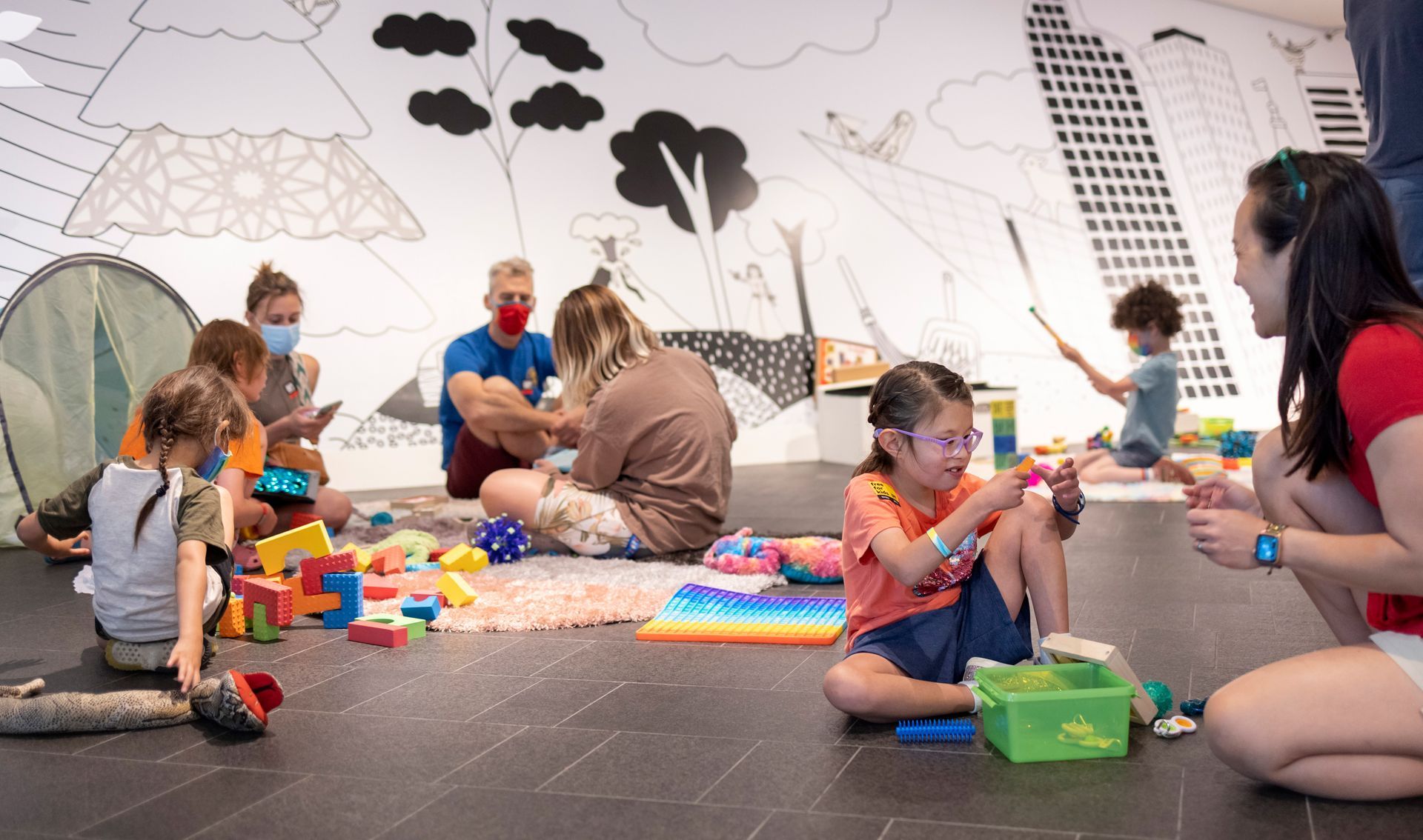Understanding the Importance of Play in Children with Autism
Play is one of the most natural ways children learn about the world. It helps them build communication skills, practice social interactions, and discover independence. For children with autism, play may look a little different, but it is just as important. In fact, play is often at the center of the most effective approaches to learning and development.
Parents searching for ABA therapy in Georgia often hear about the role of play in treatment. When paired with speech therapy and occupational therapy, play becomes a bridge that helps children gain skills in a way that feels safe and fun.
This article explores why play matters in autism therapy, how therapists use play in structured ways, and how parents can encourage play at home.
Why Play Matters for Children with Autism
For many children with autism, play does more than pass the time. It helps them:
- Practice communication and language skills
- Develop problem-solving abilities
- Strengthen social skills like turn-taking and sharing
- Improve motor coordination and sensory regulation
- Express creativity and imagination
When families look into applied behavior analysis therapy, they often find that play is a natural tool for learning. Play is motivating. It keeps children engaged, which allows therapists to teach new skills more effectively. This is why play is at the heart of so many programs that focus on ABA therapy in Georgia and beyond.
Types of Play in Autism Therapy
Exploratory Play
Children explore objects by stacking, shaking, or rolling them. In ABA therapy, exploratory play is often used to spark curiosity and improve attention span.
Parallel Play
Children may play next to each other without directly interacting. For autistic children, this type of play helps them become comfortable in group settings and prepares them for cooperative classroom activities later.
Pretend Play
Pretend play is when children use imagination to act out routines such as cooking or going shopping. This kind of play can be difficult for children with autism, but with guidance from ABA therapy, speech therapy, and occupational therapy, children learn to practice imagination, flexible thinking, and real-world skills.
Cooperative Play
Cooperative play is when children interact directly with shared goals. Board games, group projects, or building activities are examples. This form of play helps children strengthen social connections and teamwork.
How ABA Therapy Uses Play
Applied behavior analysis therapy, also called ABA therapy, is one of the most trusted methods of autism therapy. Play is an essential part of this approach. Therapists often:
- Use favorite toys to encourage communication
- Practice turn-taking through simple games
- Teach academic skills such as colors and numbers through playful activities
- Build coping strategies by role-playing everyday situations
Parents who choose ABA therapy in Georgia often notice how much more engaged their children become when therapy feels like play. This approach allows children to practice important skills in a way that feels positive and enjoyable.
Speech Therapy and Play
Speech therapy also relies on play to teach children how to communicate. Instead of focusing only on drills, therapists often use puppets, picture cards, or storytelling games. For children with autism, this approach helps them:
- Expand vocabulary
- Improve articulation
- Learn conversation skills
- Strengthen non-verbal communication, such as joint attention and gestures
By combining speech therapy with ABA therapy, families provide children with more opportunities to practice communication in different ways.
Occupational Therapy and Play
Occupational therapy helps children with motor skills, sensory regulation, and self-care. Play is a natural part of this therapy as well. Examples include:
- Craft projects to improve fine motor coordination
- Obstacle courses or swings to strengthen gross motor skills
- Sensory play with water, sand, or textured objects to manage sensory input
When ABA therapy, speech therapy, and occupational therapy are combined, play becomes a powerful tool that addresses multiple areas of development. Families who use this combined approach often see faster progress in their child’s skills.
Supporting Play at Home
Parents play a big role in encouraging play outside of therapy sessions. Here are a few ways to help:
- Follow your child’s interests and join in on the activities they enjoy.
- Create opportunities for social play, such as family games or outdoor activities.
- Model behaviors like sharing and turn-taking so your child sees examples to copy.
- Use visual supports like picture cards to guide how to play with certain toys.
- Celebrate small successes, whether your child stacked blocks or joined a group game.
When parents reinforce therapy goals at home, children experience consistency that makes progress faster and longer lasting.
Why Families Choose ABA Therapy in Georgia
Families often turn to ABA therapy in Georgia when they want a structured and proven approach to help their children succeed. The most effective providers focus on:
- Personalized treatment plans for each child
- Data-based methods that track progress
- Integration of ABA therapy, speech therapy, and occupational therapy
- Parent training that helps families continue strategies at home
When evaluating autism therapy programs, parents should ask how play is built into sessions. A provider who understands the importance of play is more likely to create a positive and engaging experience for the child.
Why Therapy and Learning Center of GA?
Play is not just entertainment. For children with autism, it is a critical part of learning. Play gives children the chance to communicate, connect with others, and build independence. When combined with structured approaches like ABA therapy, as well as speech therapy and occupational therapy, play becomes a life-changing part of autism therapy.
Here at
Therapy and Learning Center of GA (TLC of GA), we provide ABA therapy, speech therapy, and occupational therapy to families across Atlanta and the surrounding areas, including Roswell, Kennesaw, and nearby communities. If you are located in North Atlanta or within an 8-mile radius, we invite you to
contact us and schedule a visit. Our dedicated team is here to help your child grow, learn, and thrive through the power of play.






